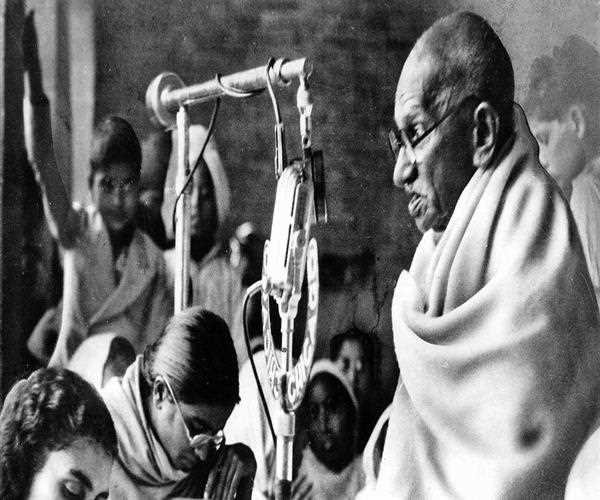Mahatma Gandhi is known as one of the most influential leaders in the Indian independence movement. He played a key role in achieving India's independence from British colonial rule in 1947. However, Gandhi's approach to the issue of unity for India was complex and nuanced, and he did not always have a clear perception of how to achieve unity among the diverse communities of India.
One reason why Gandhi did not have a clear perception of unity for India was his belief in the concept of Swaraj, or self-rule. Gandhi believed that India's struggle for independence was not just about gaining political independence from the British, but also about achieving economic and social freedom for all Indians. He believed that true unity could only be achieved if every individual in India had a sense of self-rule and personal responsibility.

Another reason why Gandhi's approach to unity for India was complex was his belief in the concept of satyagraha, or nonviolent resistance. Gandhi believed that nonviolent resistance was the most effective way to achieve political and social change, and he used this strategy throughout his life. However, nonviolent resistance requires a high degree of coordination and discipline, and it can be difficult to achieve unity among diverse groups when using this strategy.
Gandhi was also aware of the deep religious and cultural divisions within India. He recognized that India was a diverse country with many different religions, languages, and cultures, and he believed that these differences should be celebrated rather than suppressed. However, he also recognized that these differences could be a source of conflict and division, and he struggled to find ways to bring these diverse communities together.
In addition, Gandhi's approach to politics was often based on his own personal values and principles, rather than a clear ideological or strategic vision. He believed in the power of individual action and personal sacrifice, and he often made decisions based on his own intuition and sense of morality. While this approach was inspiring to many, it could also be unpredictable and difficult to coordinate with other political actors.